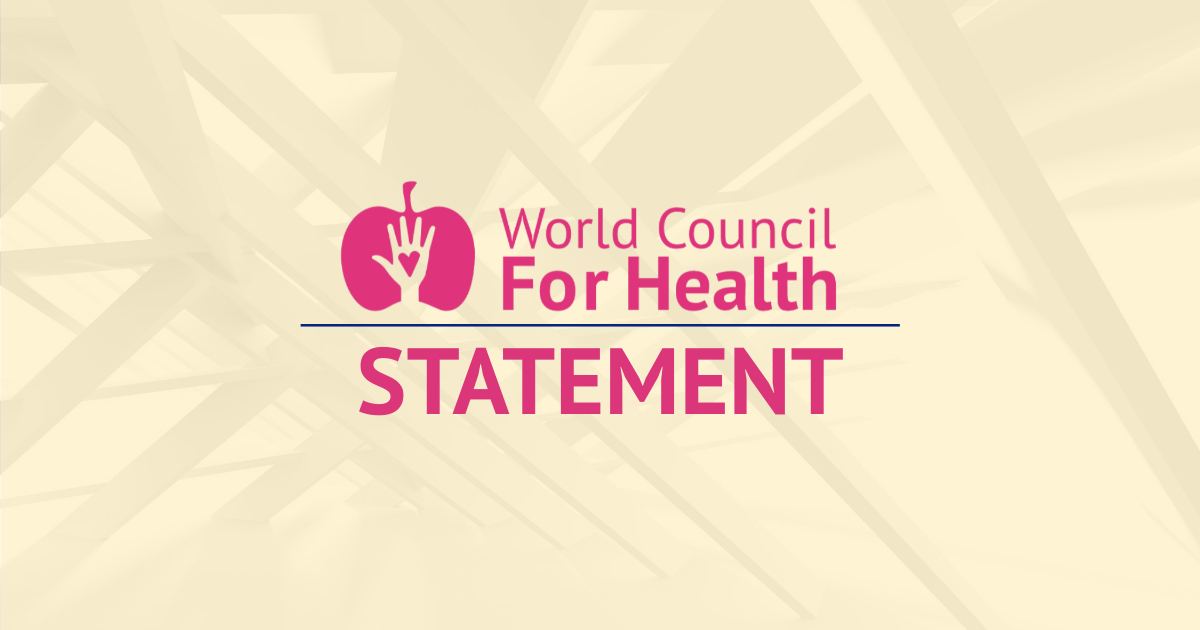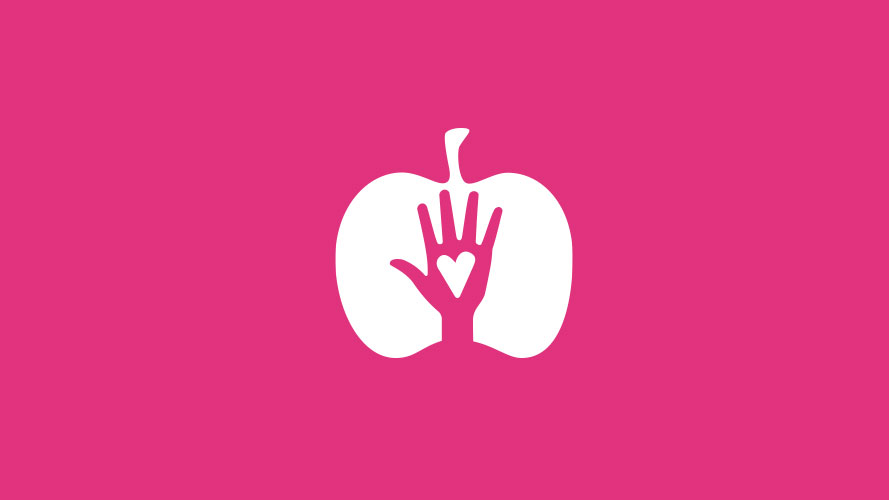World Council for Health (WCH) is strongly opposed to the use of lockdowns as a tool to prevent the spread of SARS-CoV-2. Lockdowns, shelter-in-place orders, and mobility restrictions have been shown to do more harm than good.
According to basic epidemiological theory, lockdowns do not lend to a reduction in cases over the long run nor have they ever successfully led to the eradication of a disease. It is especially counterproductive to use lockdowns outside of the initial stage of a pandemic.
Since the pandemic was first declared, national and local governments have placed restrictions on certain activities whether or not a formal lockdown was declared. In some places, this has looked liked closed schools, venues operating at reduced capacity, stores and businesses shuttered, travel restrictions, and more. In an increasing number of countries, these restrictions on mobility are applying only to unvaccinated people, regardless of their immunity.
Restricting mobility has been one of the primary tools used by governments throughout the pandemic, but these actions have harmful consequences, many of which will not be fully realized for years to come.
Lockdowns are a failed strategy and an unprecedented number of people have lost their lives as a result. Nearly two years into the pandemic, we cannot continue to radically alter people’s lives in hopes of slowing the spread of a pathogen that many of those most affected by lockdowns are not even at risk from in the first place.
World Council for Health emphasizes that lockdowns should not be imposed on society as a whole or limited to certain portions of society. Not only is the latter strategy not based on evidence, it is discriminatory and will lead to segregation and two-tiered societies, splitting apart families and communities.
The best way forward is to offer early treatment, acknowledge natural immunity, increase education on how to strengthen our natural immune systems, and unite as the global community that we are.








